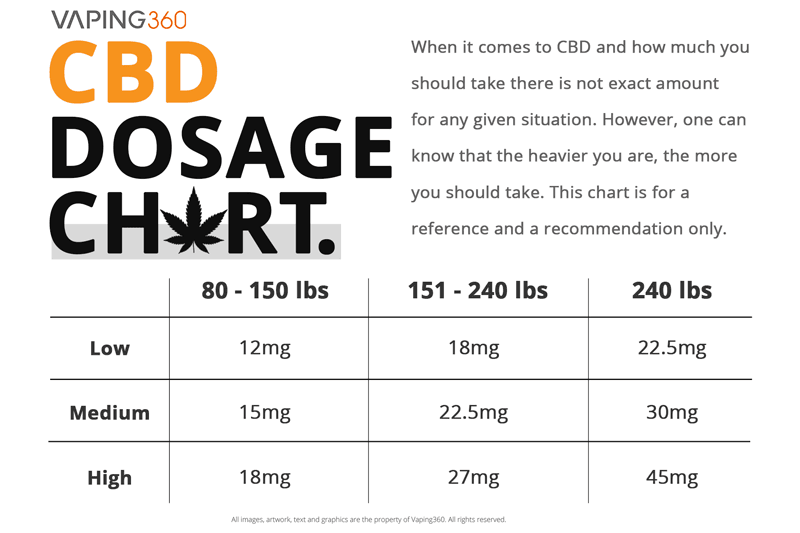How long does CBD last in your system?
How long does CBD keep working?
The first thing to know is that you need to absorb enough CBD for it to have any effect at all. Depending on how you administer CBD, much of its benefit can be lost. Swallowing it forces the drug to first pass through the liver, and as much as 95 percent never gets into the bloodstream. The highest bioavailability (how much is absorbed and gets into the bloodstream) comes from CBD that’s vaped or smoked, with CBD oil tinctures applied sublingually (under the tongue) finishing second.

Because inhaled CBD reaches the brain rapidly, users may feel a much more immediate and pronounced effect than they would from tinctures or edibles. But the therapeutic effects—reduced inflammation, pain and anxiety—are eventually noticeable from all forms of consumption, assuming you use enough. Proper CBD dosing can require some experimentation.
Generally, the effects of CBD wear off within just a few hours, but that depends on the amount of CBD taken, the method used, and the user’s size, metabolism, and history of use. If you begin to feel the pain or anxiety begin to return, you can simply take more CBD. There is no practical way to overdose on CBD.
How long is CBD detectable in your body?
CBD disappears from the body relatively quickly. In a study following 14 patients who were each given about 700 mg of CBD a day orally for six weeks, the average plasma level fell to just 1.5 ng/mL a week after the final dose, and was undetectable after that. The authors estimated the CBD half-life to be about 2-5 days.
It generally takes 5.5 half-lives for a drug to be fully eliminated from the system. So CBD taken orally would completely leave the body in about 11-28 days, but it may be impossible to detect on a blood test well before that. The half-life for vaped or smoked CBD in blood plasma is much shorter than for ingested CBD—just a few hours. A regular user may take longer to fully clear CBD from their system than an occasional or new user.
Research showing how long CBD is detectable in urine is rare, but one study showed a single test subject maintained detectable CBD in his urine for only 24 hours. In any case, CBD is almost never included in standard drug tests (like those given by employers).
If you’re concerned about CBD causing a failed drug test at work, it’s best to restrict your use to the CBD products that contain no THC or almost no THC: CBD isolate and broad-spectrum CBD.

Jim McDonald
Vaping for: 13 years
Favorite products:
Favorite flavors: RY4-style tobaccos, fruits
Expertise in: Political and legal challenges, tobacco control haters, moral panics
Jim McDonald
Smokers created vaping for themselves without help from the tobacco industry or anti-tobacco crusaders, and I believe vapers and the vaping industry have the right to continue innovating to give everyone who wants to use nicotine access to safe and attractive non-combustible options. My goal is to provide clear, honest information about vaping and the challenges nicotine consumers face from lawmakers, regulators, and brokers of disinformation. You can find me on Twitter @whycherrywhy


